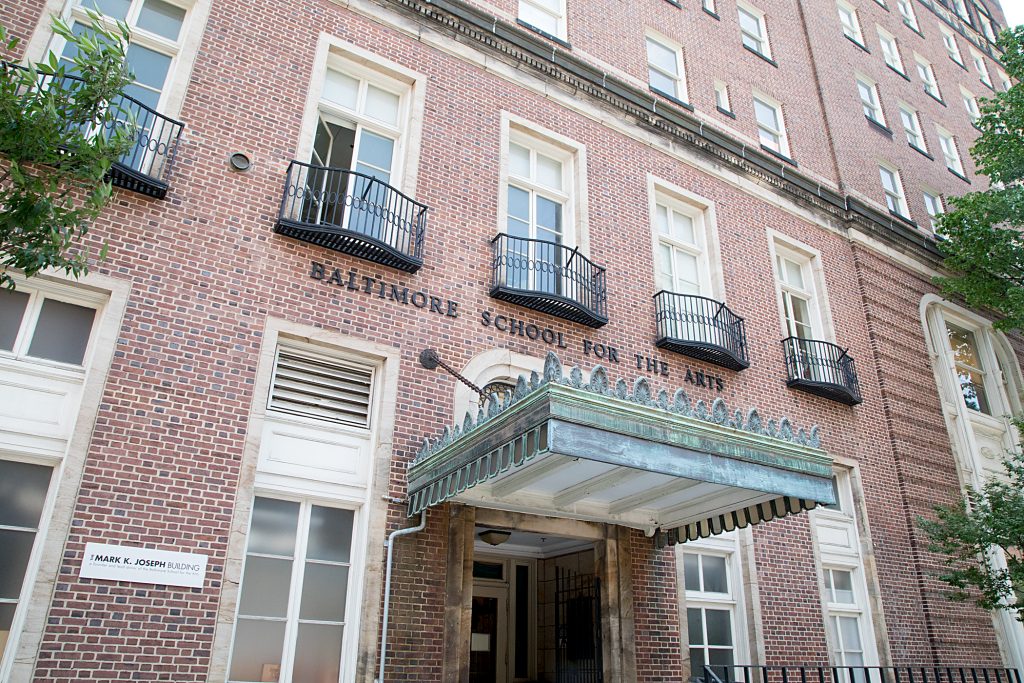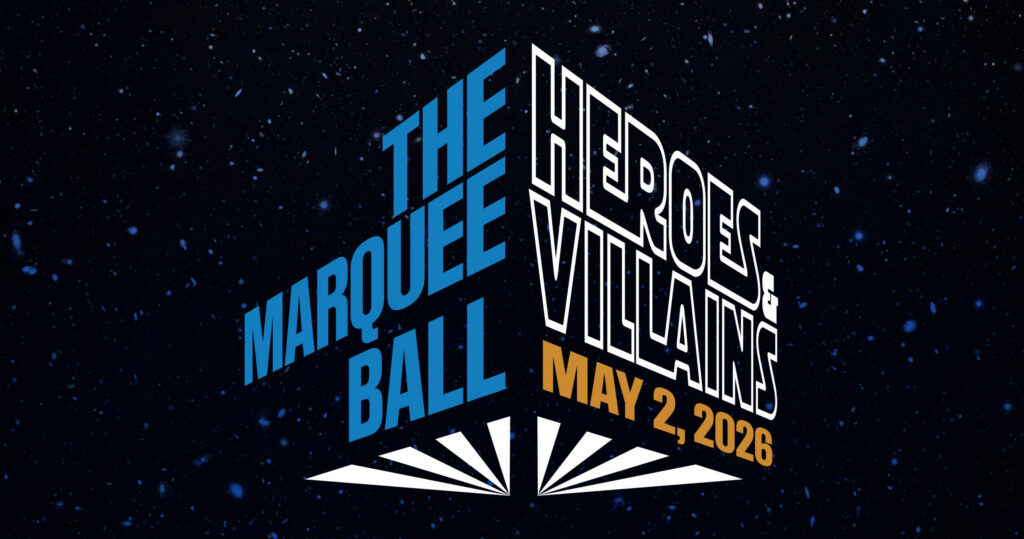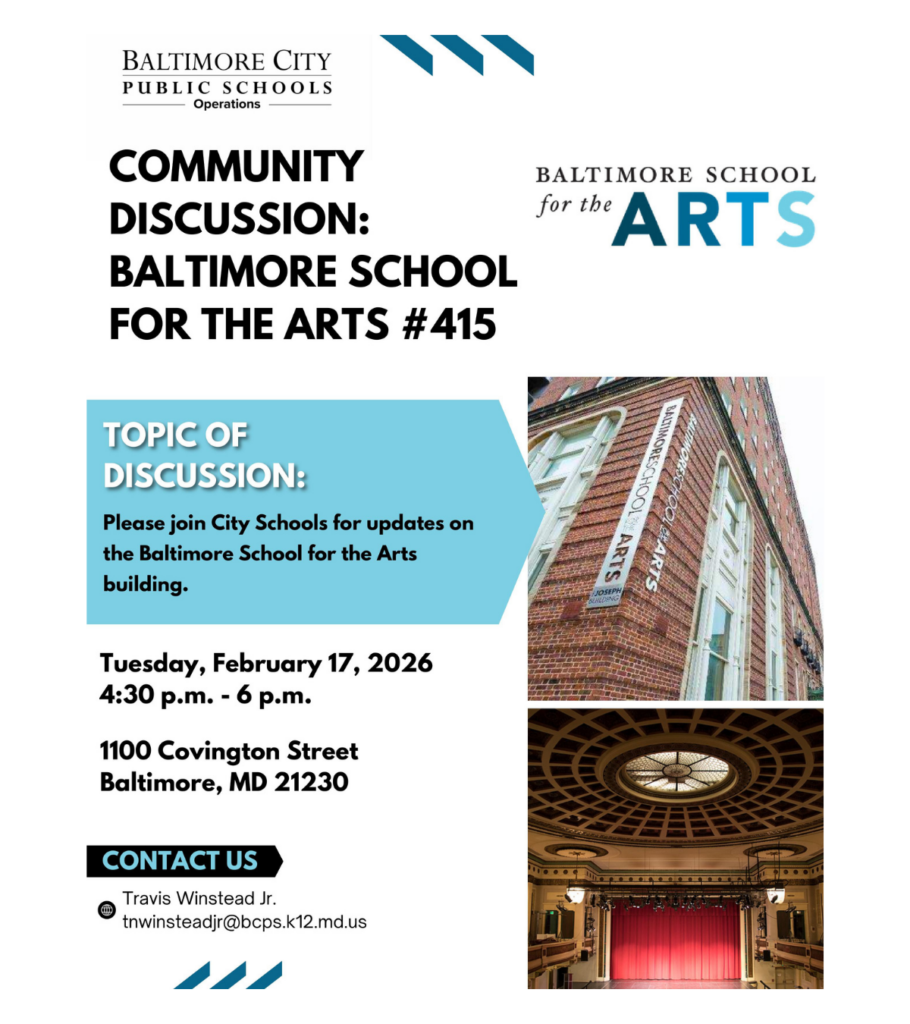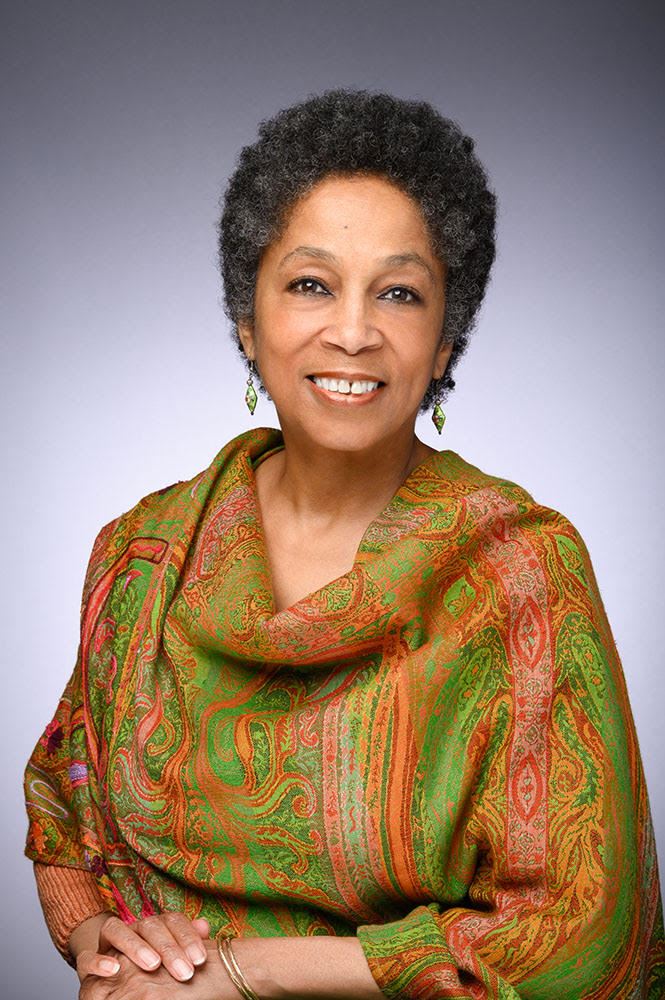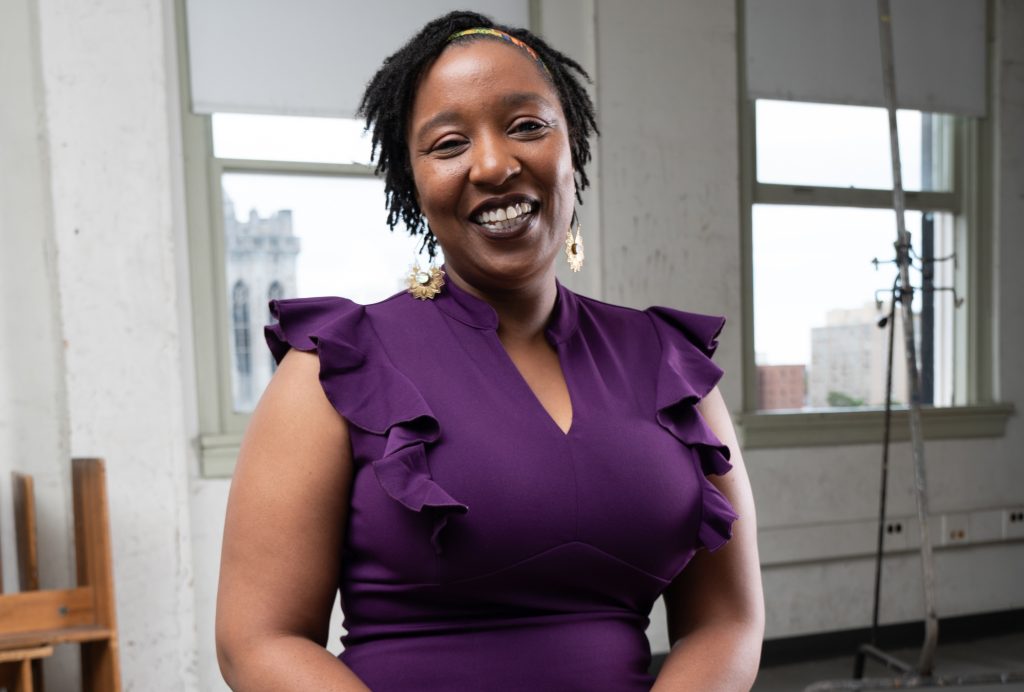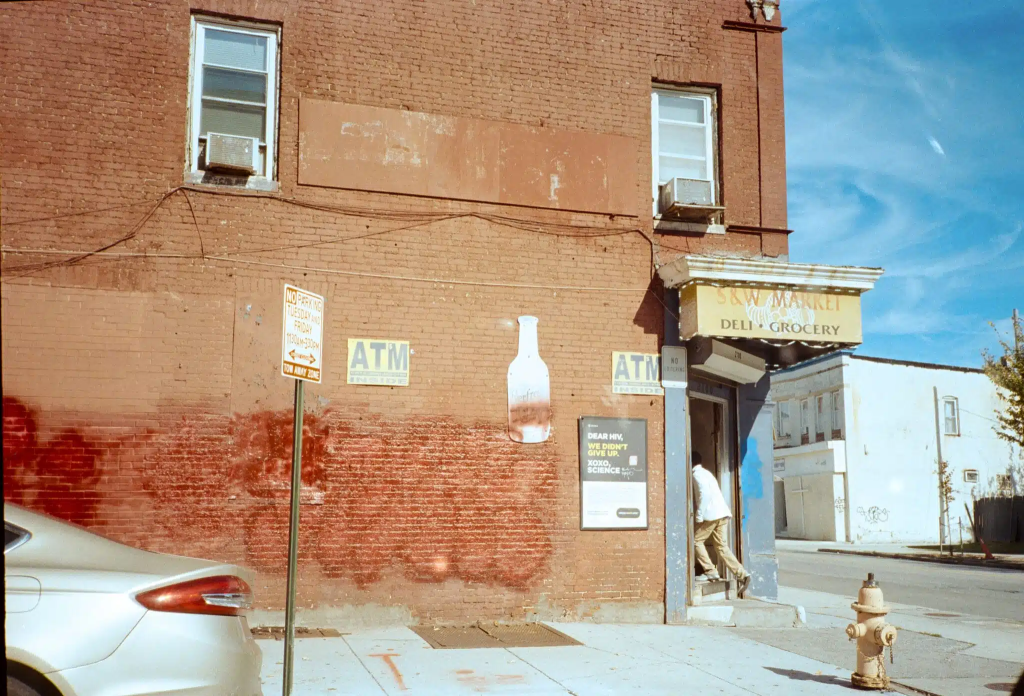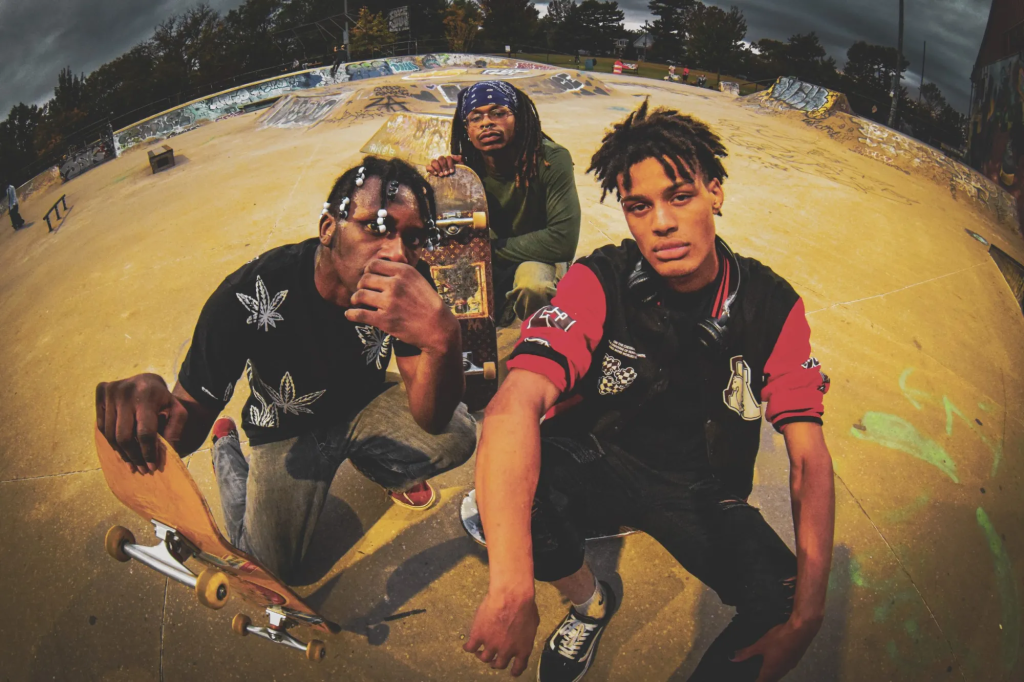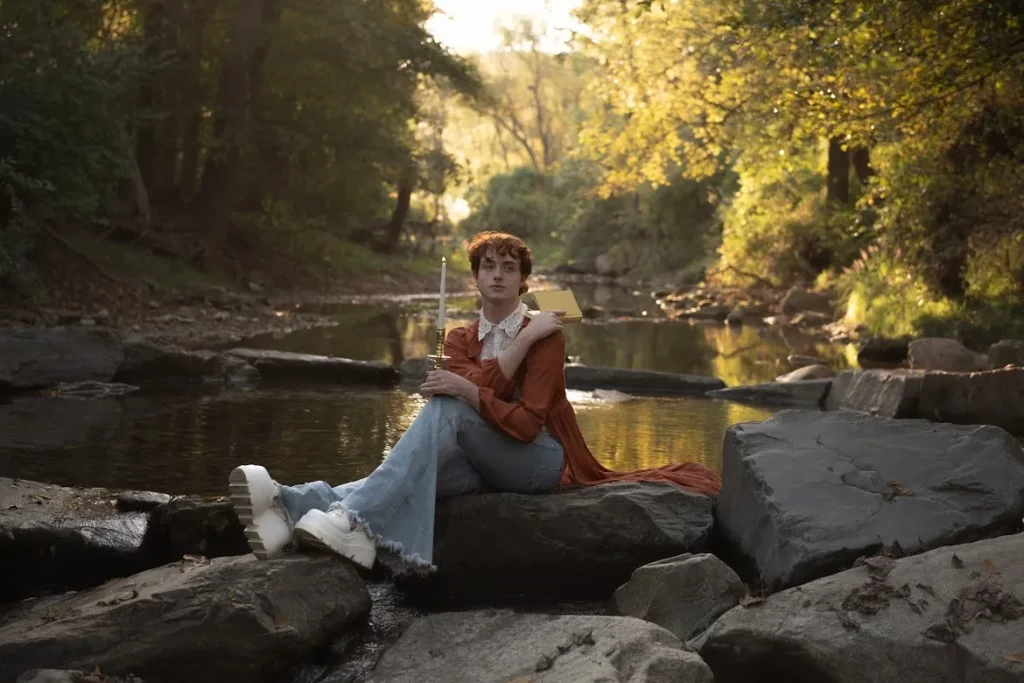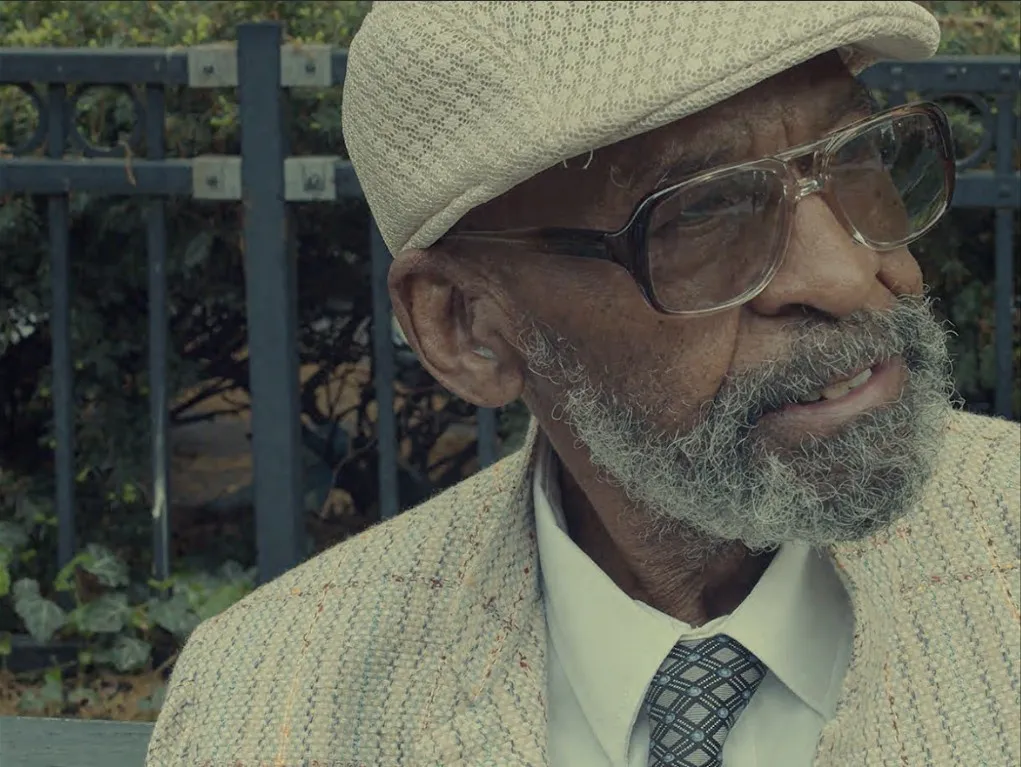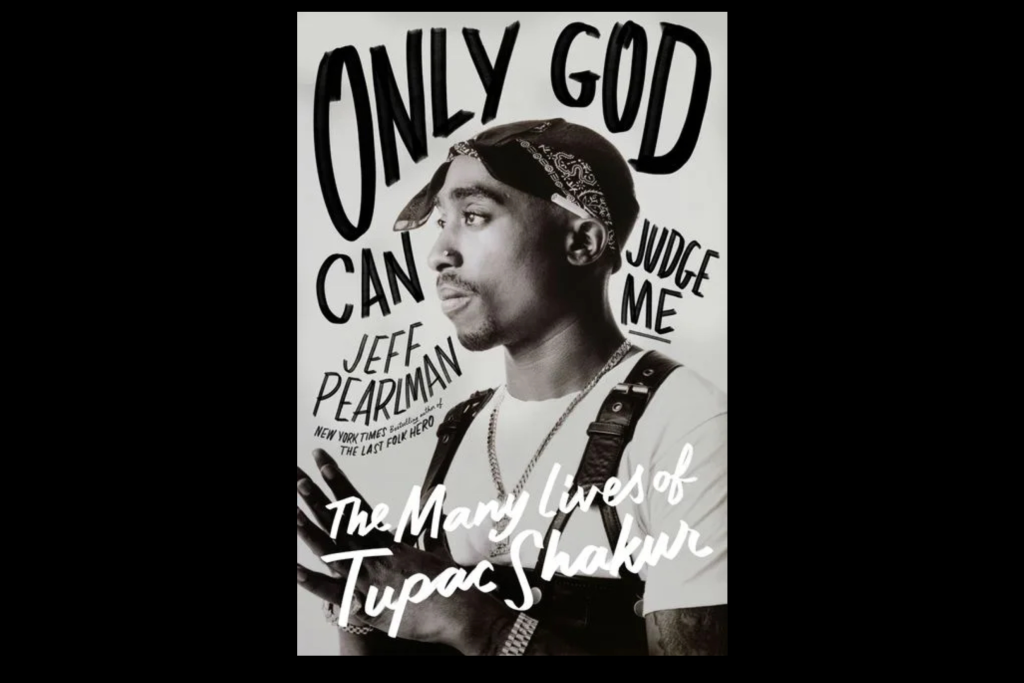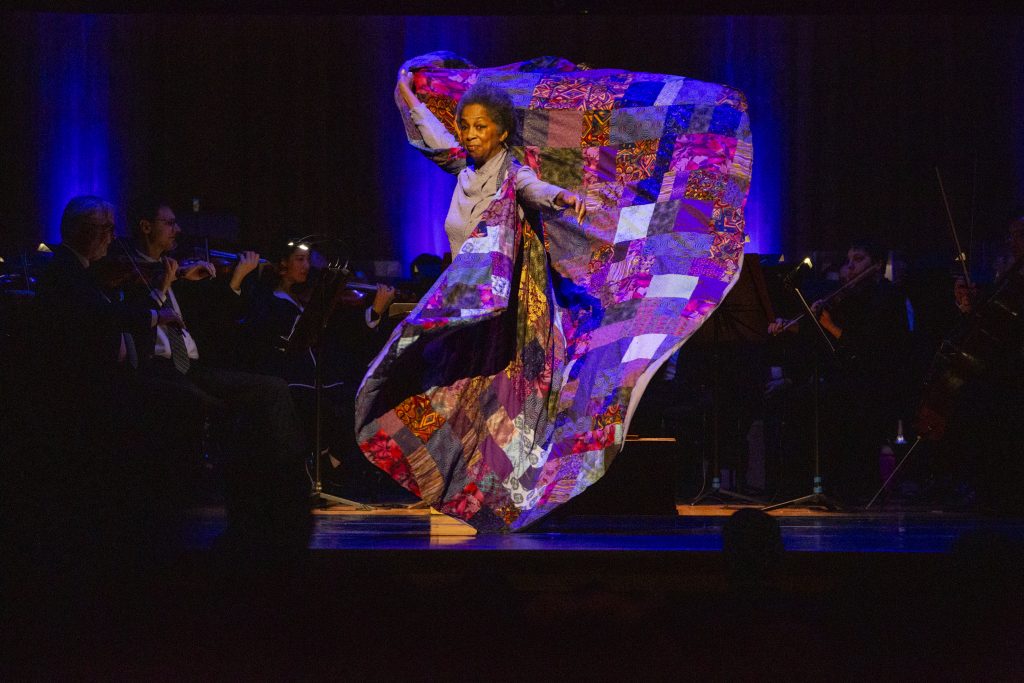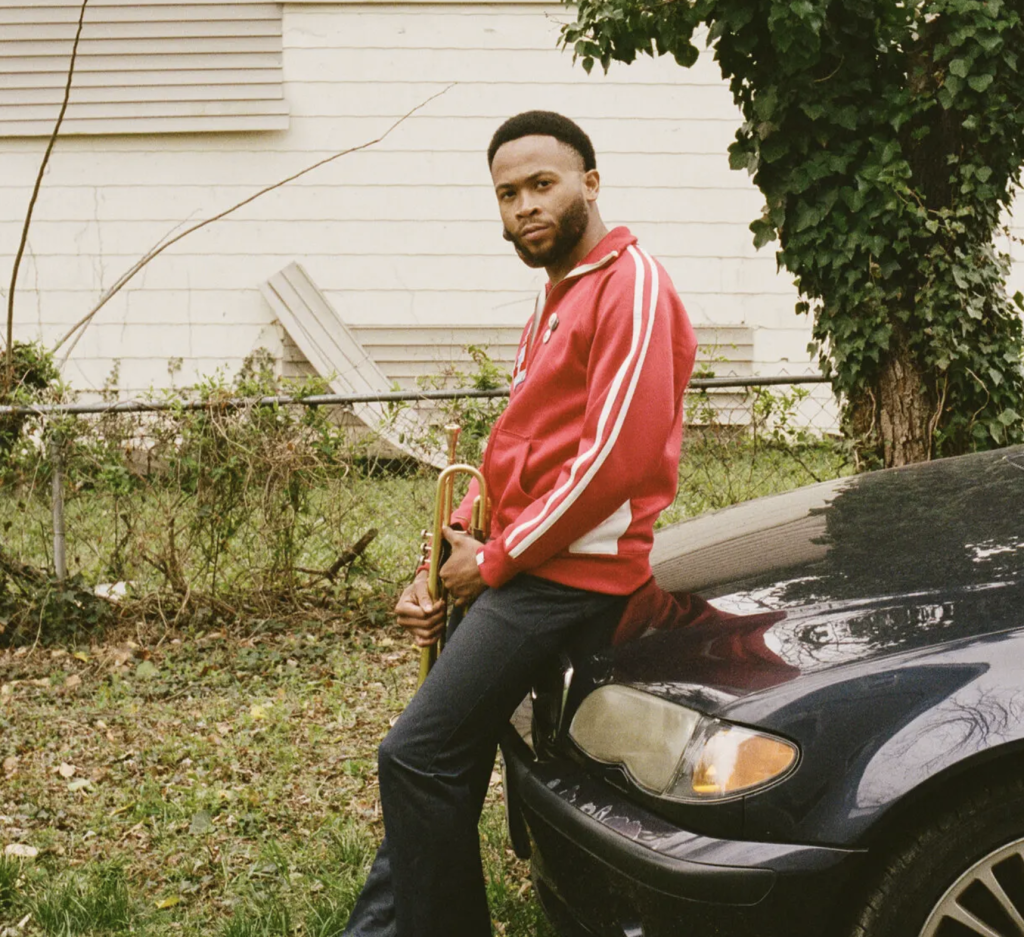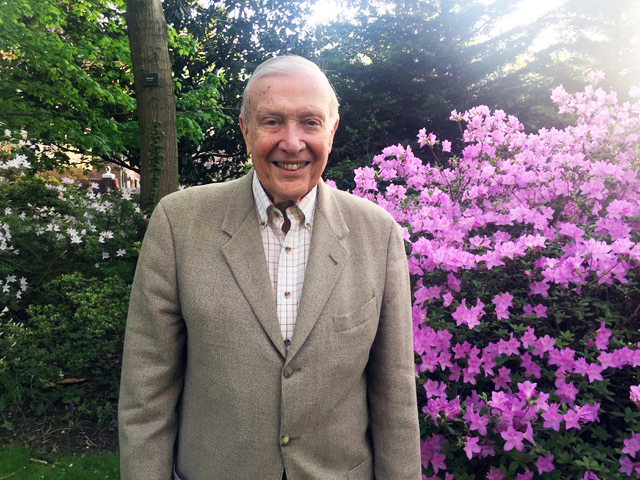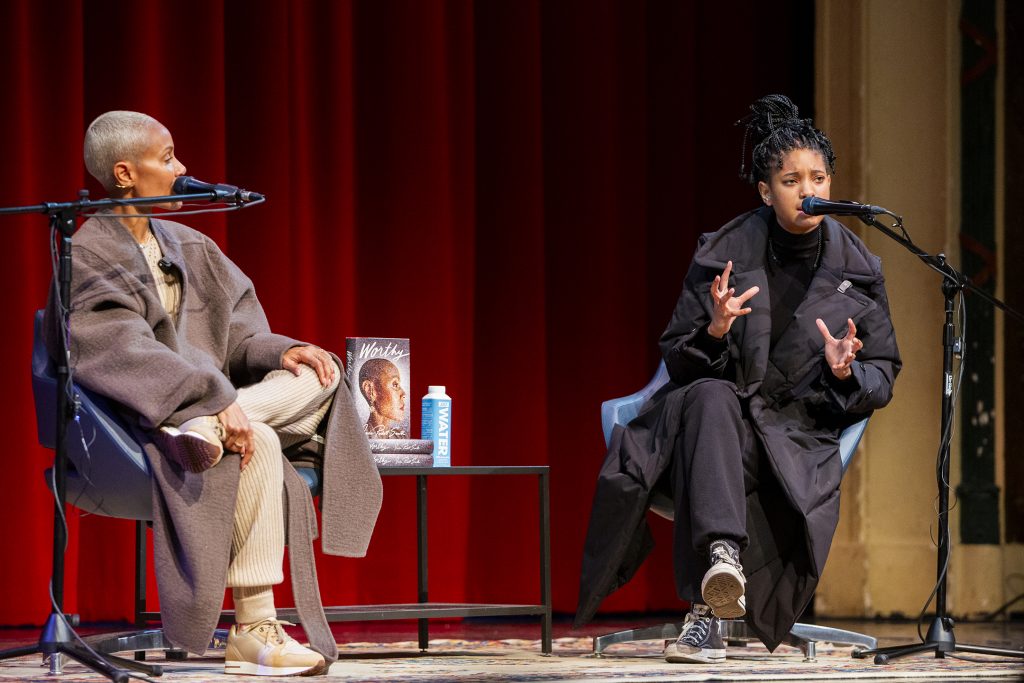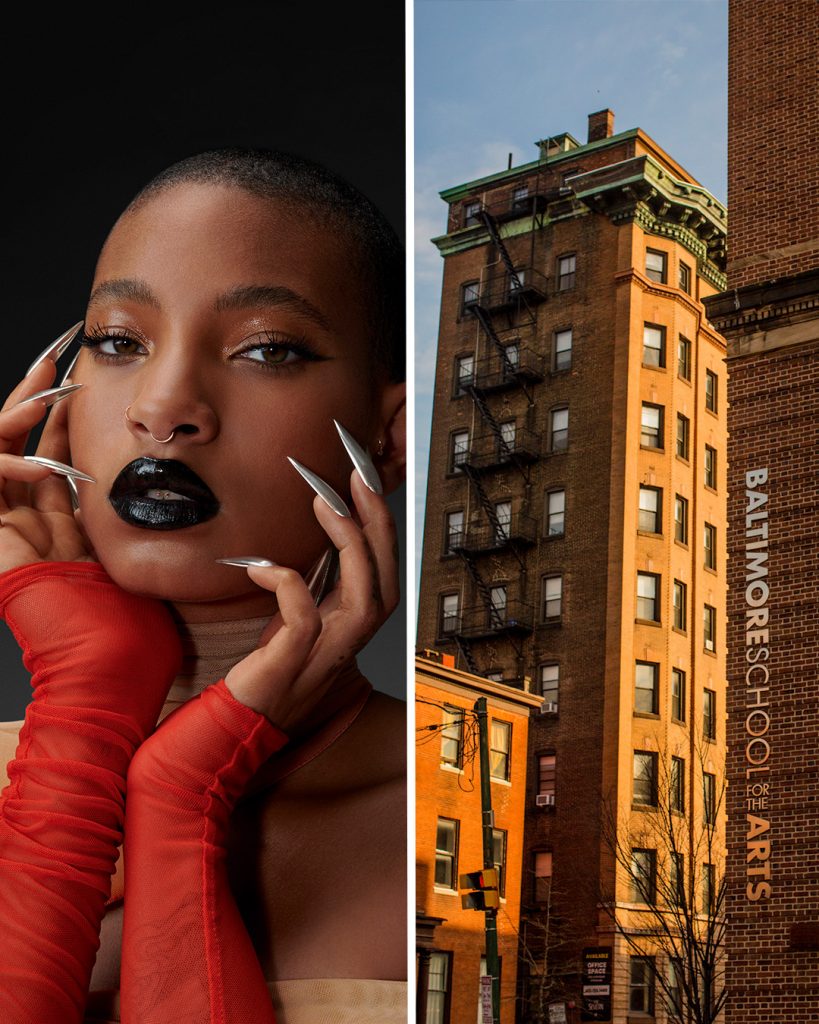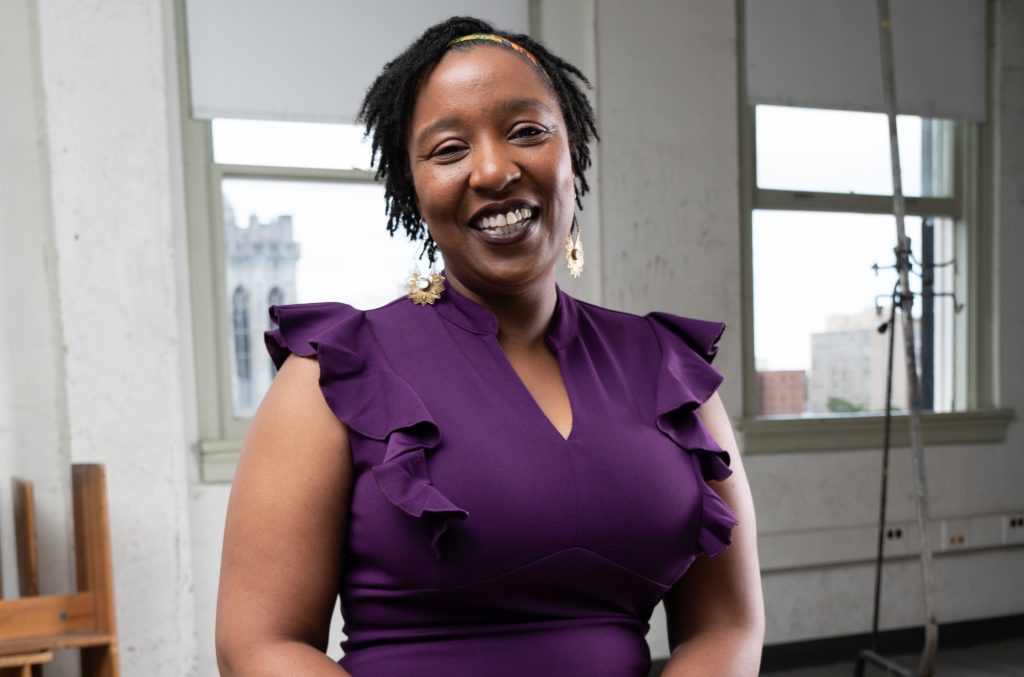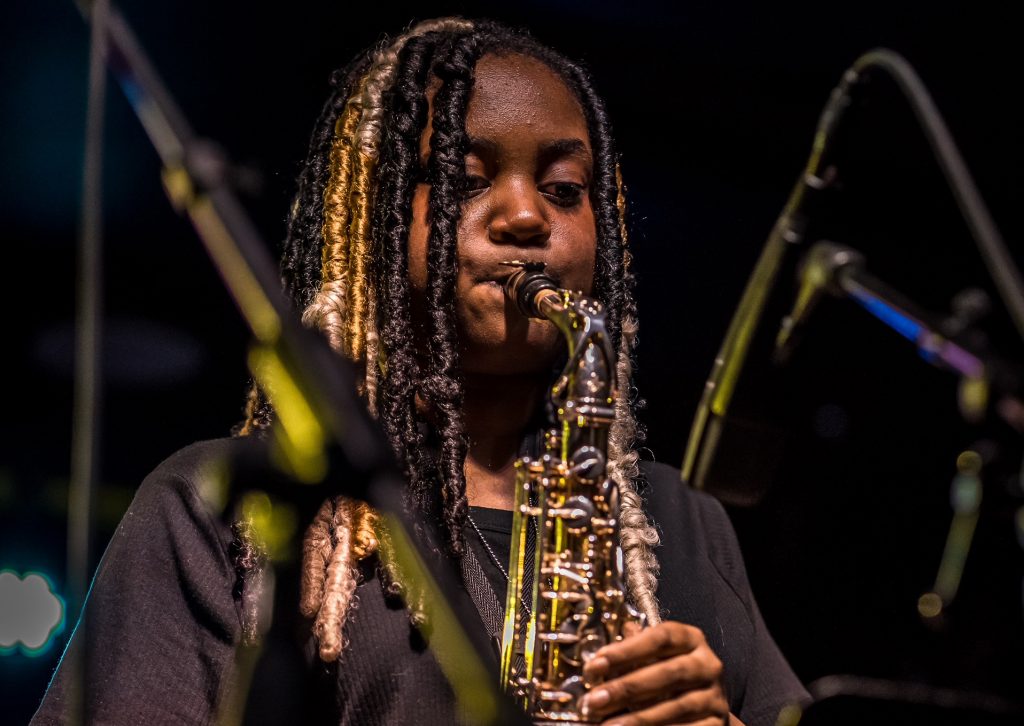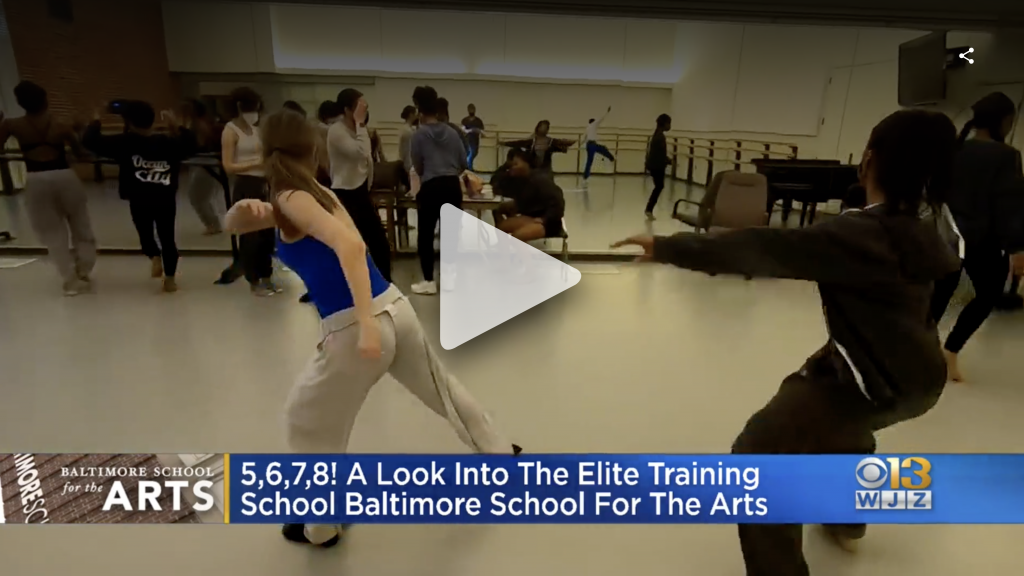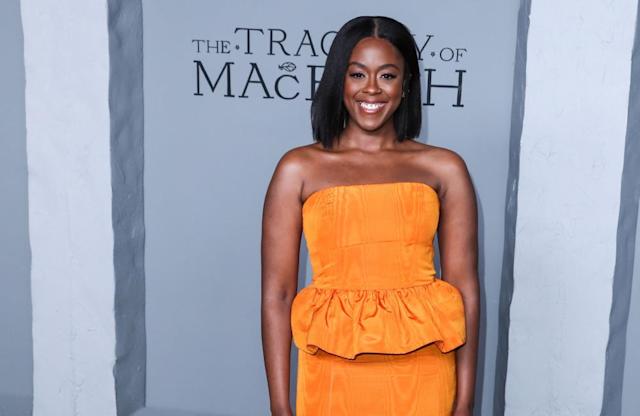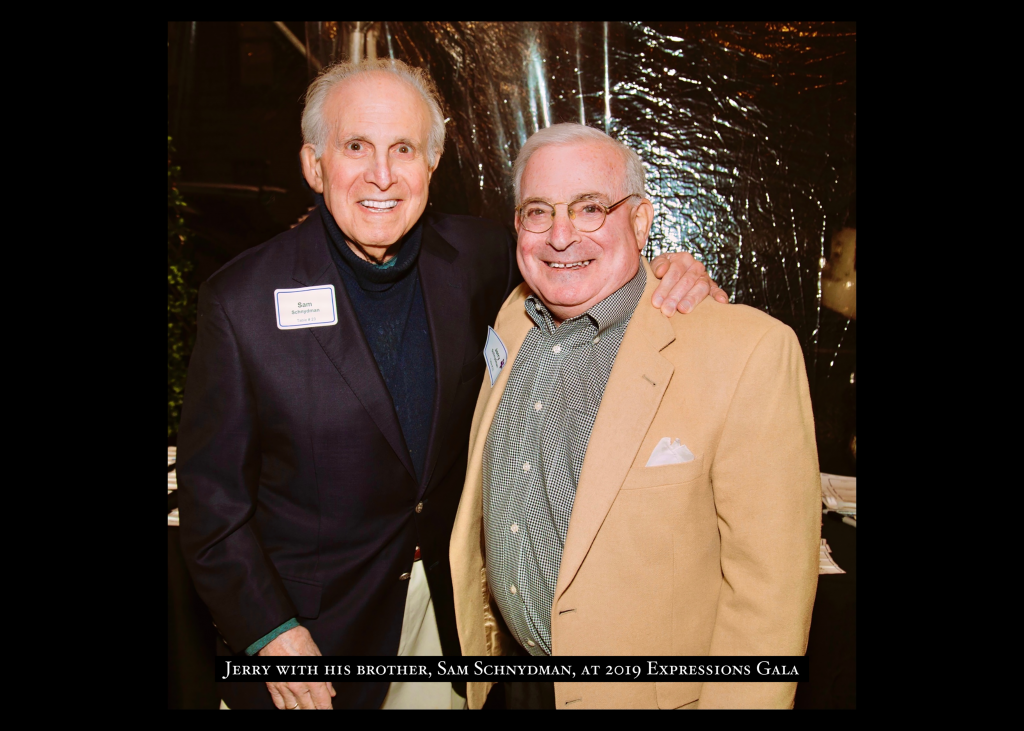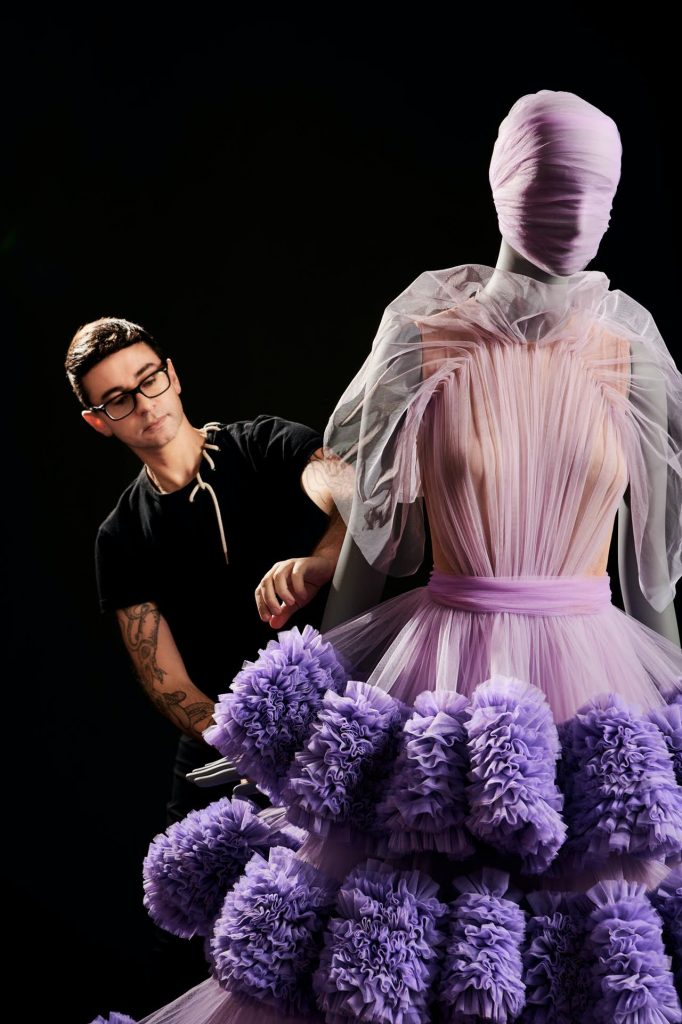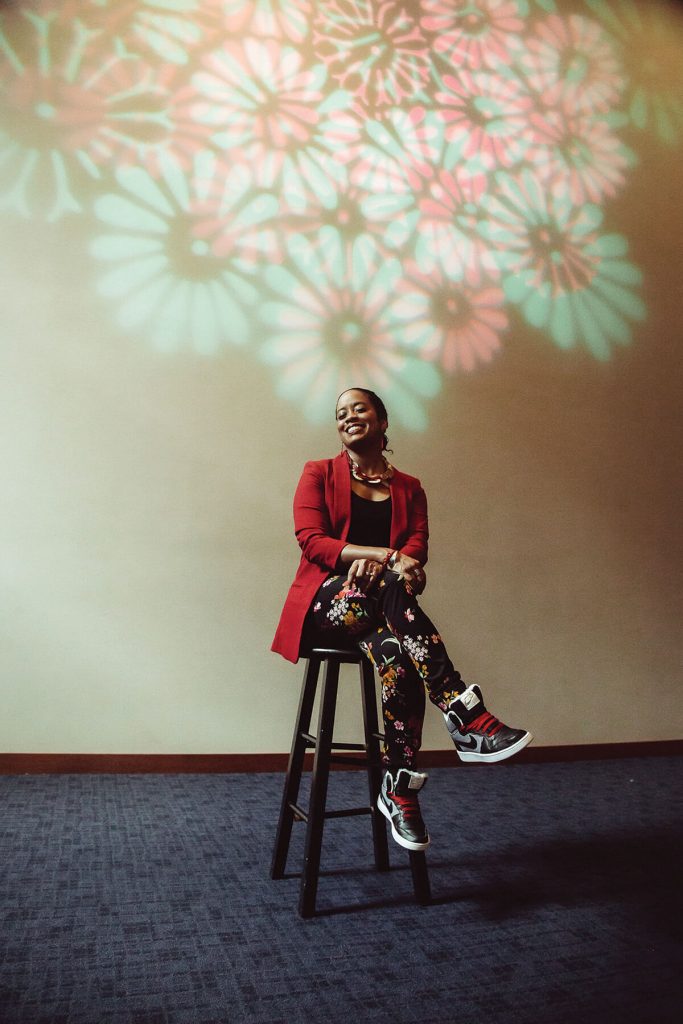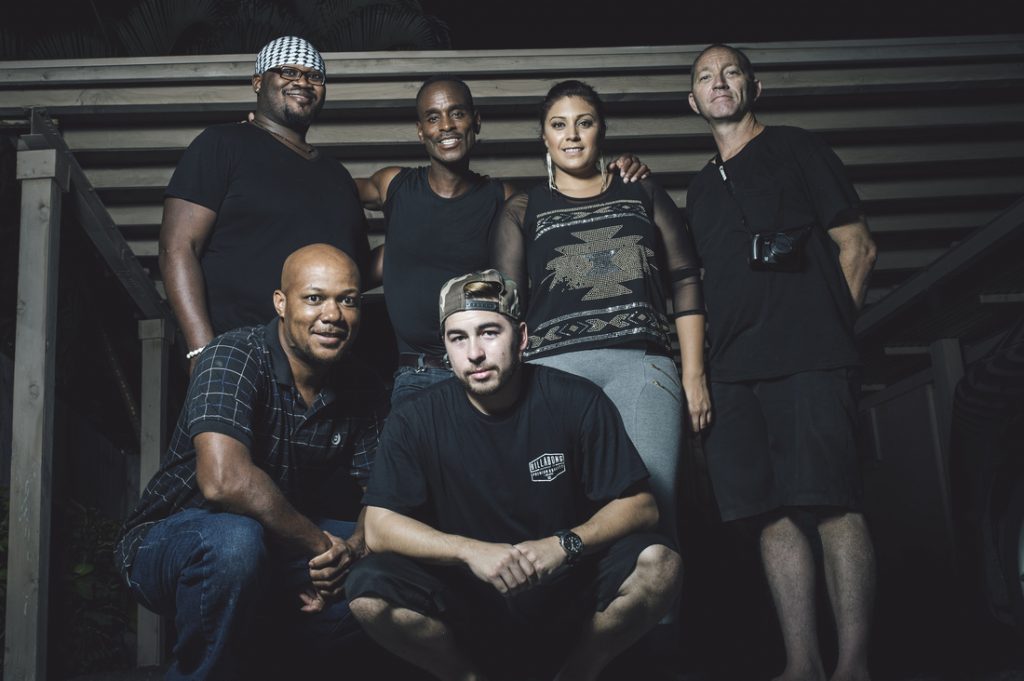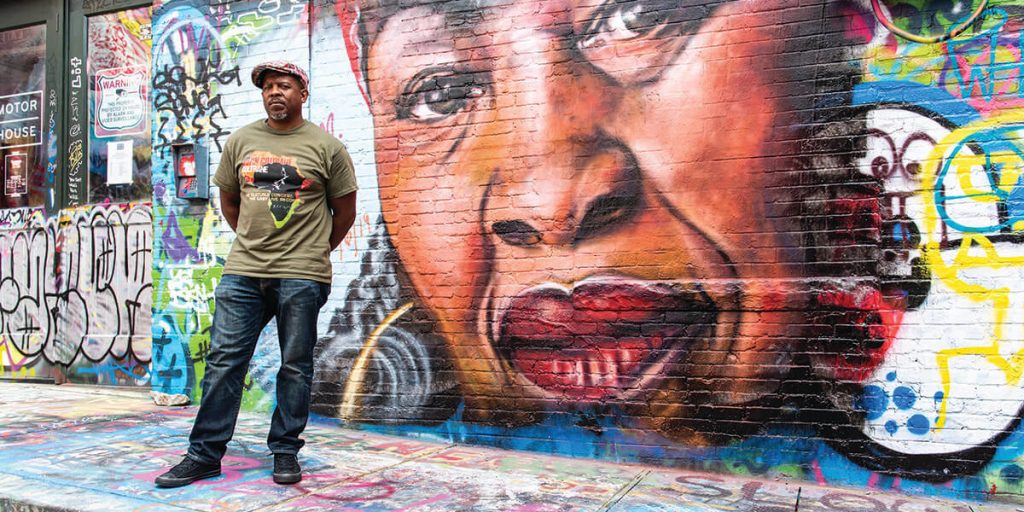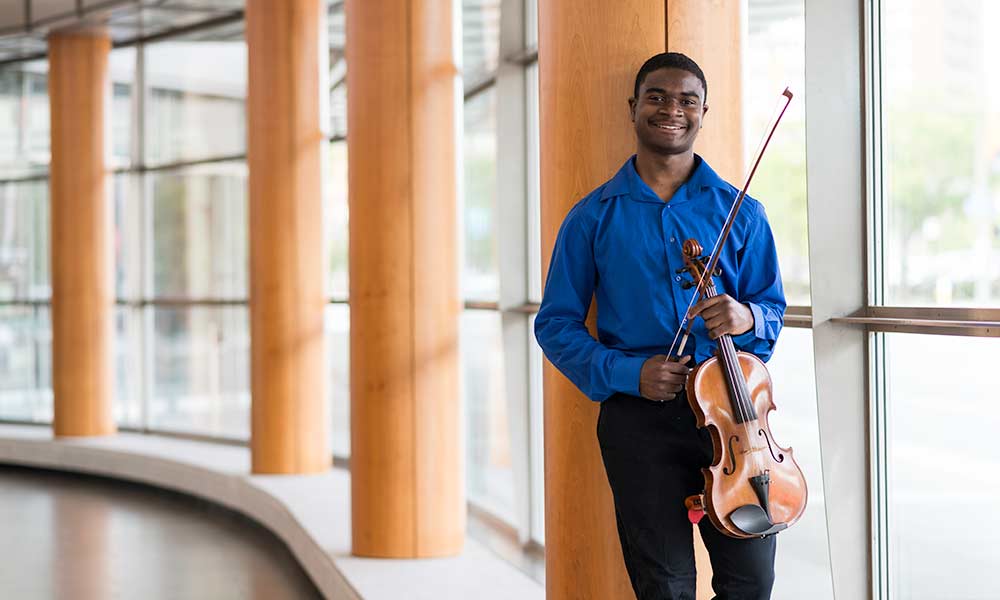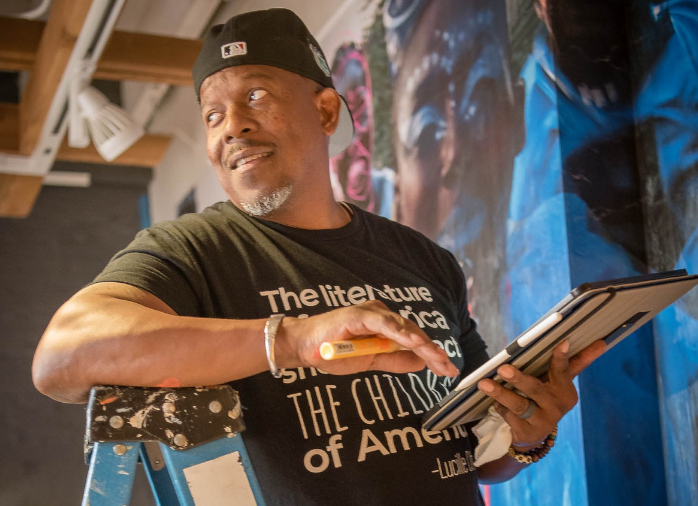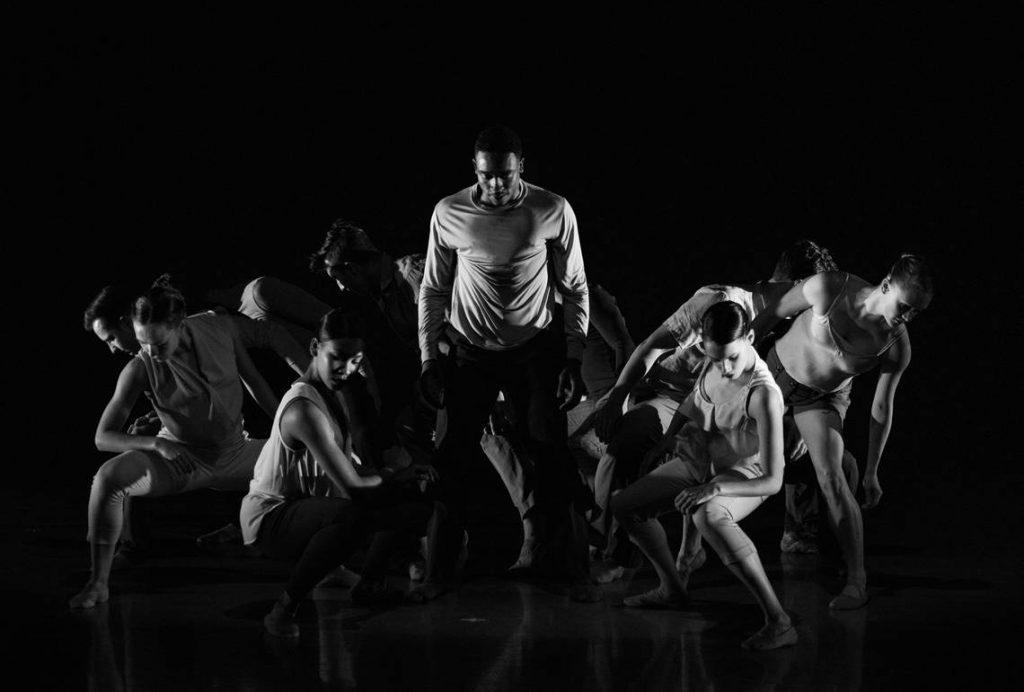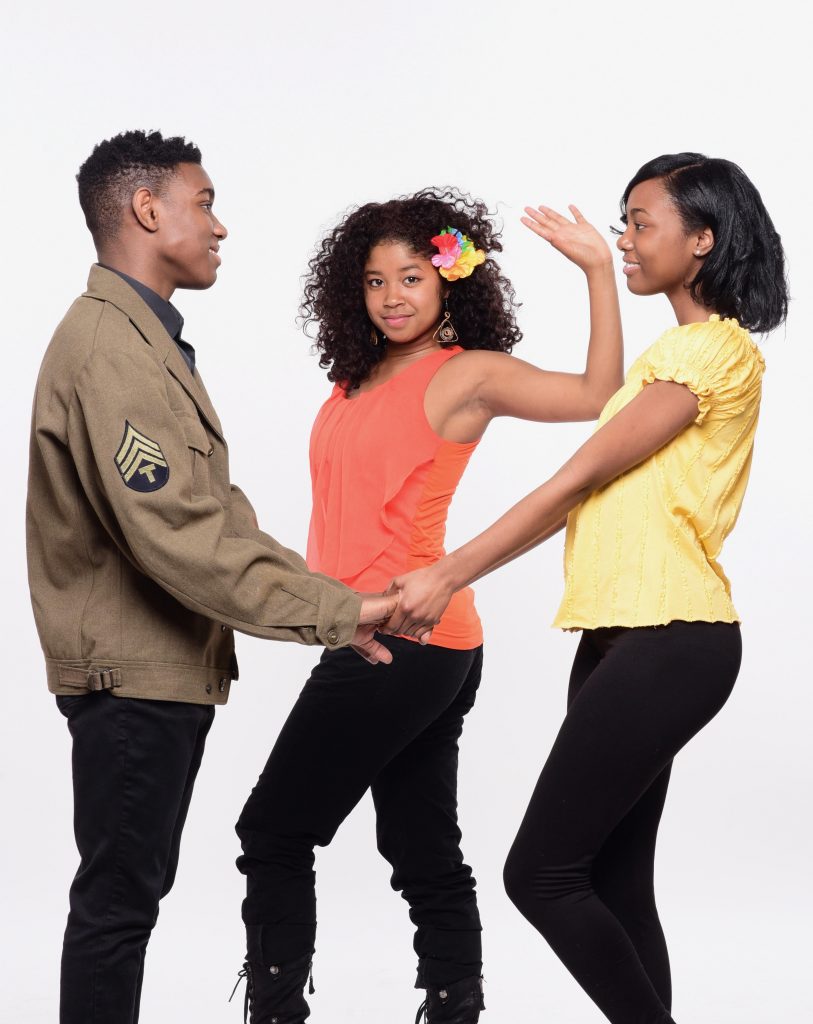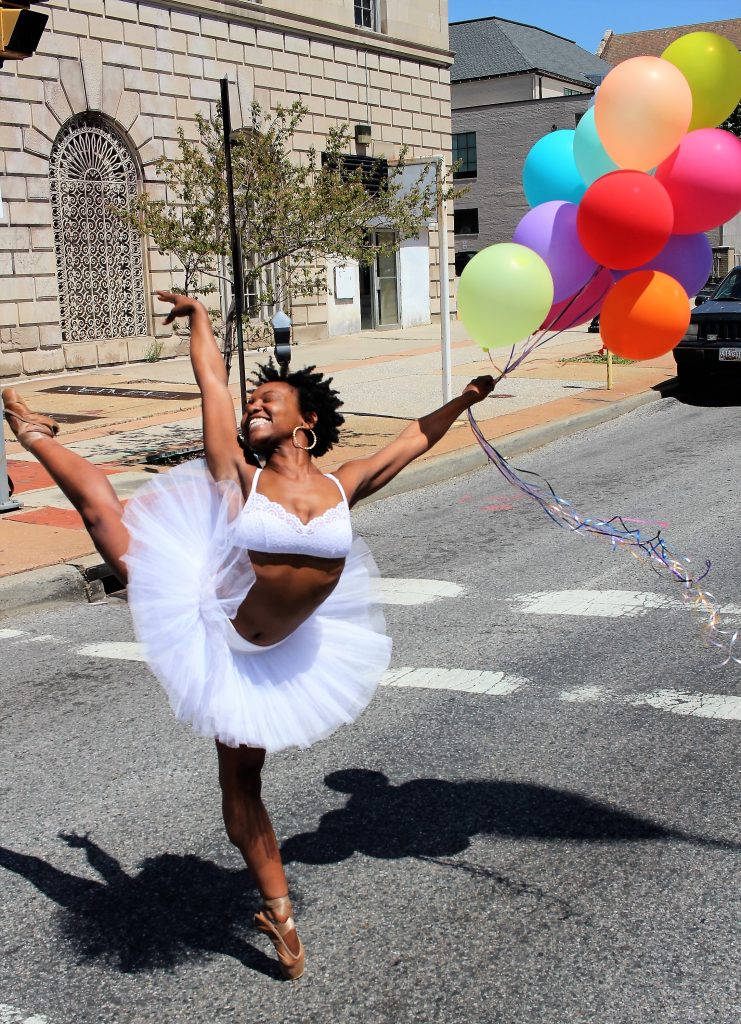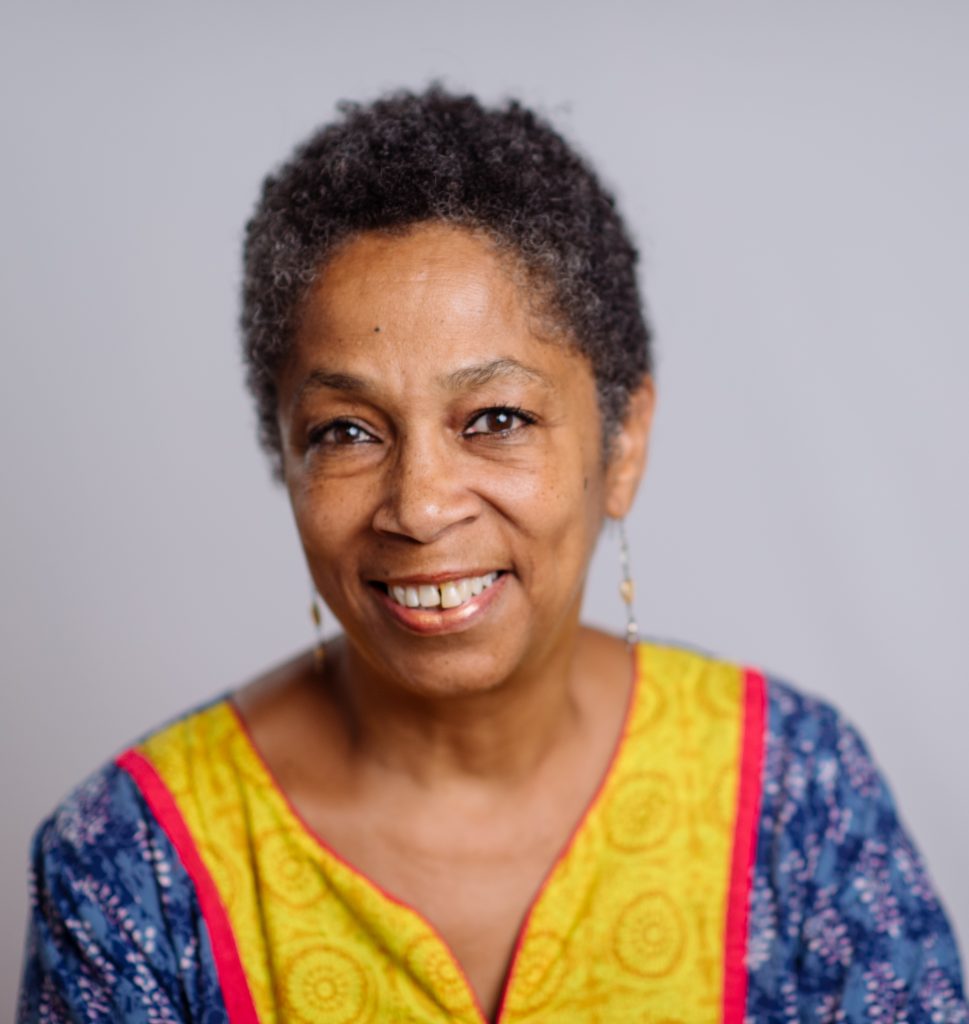At the Baltimore School for the Arts, we strongly encourage students to learn beyond the classroom, and the summer is an important time for students to challenge themselves as independent thinkers and learners. Reading is one of the best ways to stay intellectually active and engaged during the summer, and we hope that students will find time to read in the weeks leading up to the start of school. Summer reading is also a way to reinforce BSA’s core values of curiosity and global perspective. We encourage students to choose a text that will teach them about a new part of the world, a new culture, a new aspect of identity, or to further explore prior knowledge in a new way.
All incoming and current students at the Baltimore School for the Arts have a summer reading assignment. Students will choose ONE text from the list. Then, students will complete ONE of the four assignment options listed. Students will be assessed on this work during the first week of school. Students can borrow a copy of the book at their local library, or they can purchase the book online or at a local bookstore. The BSA English Department has limited copies (1-2) of several of the works as well which are available on a first come, first served basis. Several of the texts this year are available in both English and Spanish translations; students may read and complete their chosen assignment in either language.
Texts are suggested for specific grade levels based on interest, content, and complexity. Please keep in mind that some suggestions may contain language, violence, sexual content, or other themes intended for a mature audience. Please research or read a sample of a book ifyou or a parent are concerned about appropriate content.
Thanks so much for your help and support as we encourage students to read more this summer.
Project Option #1 – Visual Storytelling (best suited for fiction and memoir)
Create a physical or digital storyboard or graphic story representation of the content of your novel or memoir. This should represent the plot, characters, themes, and motifs present in the work and how they contribute to its overall meaning. Use your creativity to organize your content!
Requirements:
- At least 15 panels / segments
- Clear representation of work’s title and author
- 2-3 sentences near each panel or segment providing interpretation and/or analysis
- No explicit depiction of violent or sexual content (should be able to be displayed inschool for varied audiences)
- 1⁄2 page reflection about the artistic choices you made and how they represent the text
- 1⁄2 page reflection about how the work connected to your curiosity or how itexpanded, qualified, or challenged your global perspective
Project Option #2 –Website (all text types)
Create a website intended to advertise your work, display its content, or otherwise engage the audience with the text. Use your creativity to organize your content! Suggested platforms are Weebly or Wix.
Requirements:
- Landing page with clear representation of work’s title and author
- Author background
- Way to interact with the characters, themes, or topics presented in the work
- No explicit depiction of violent or sexual content (should be able to be viewed inschool by varied audiences)
- Interaction with and analysis of at least 5 key passages or quotes from the work andwhy they are significant
- Reflection about how the work connected to your curiosity or how it expanded,qualified, or challenged your global perspective
Project Option #3- Letter to the Author (best suited for fiction and memoir)
Write a letter (500-word minimum) to the author of the book. Letter should be typed and include:
Requirements:
- Letter must include specific references and/or cited evidence that aligns to a minimum of 3-5 events in the text.
- Underline or highlight specific connections to the original text.
- Explanation of the work’s central themes and how you connected with these themes
- Analysis of your favorite and/or least favorite passages, characters, or plot points
- How the work may have inspired your curiosity as a teenager, artist, or otherparts of identity
- Analysis of the writer’s engagement with the reader. What motivatedyou to keep reading? How did you react to the author’s writing style?
- Explanation of how the work expanded, qualified, or challengedyour global perspective
Project Option #4 – Creative Writing
Option A: Write an alternate ending for the story, using logical inferences based on the characters and events in the original text. Your creative work should reflect a clear connection to the original storyline, while displaying thoughtful revision and a reflective creative process.
Requirements:
- 3 Page minimum
- Typed
- Underline or highlight specific connections to the original text
- Includes a 1⁄2 page reflection about how the text you read connected to your curiosity or how it expanded, qualified, or challenged your global perspective
Option B: Write journal entries in the perspective of a character to reflect inferential connections as well as the emotional feelings and thoughts the character possesses, in connection to events in the text. Journal entries must align to specific events and details in the text and include creative details that extend beyond what is explicitly stated in the original text.
Requirements:
- One journal entry per chapter in a character’s perspective.
- At the end of character journal entries, include one bonus entry from yourpersonal perspective, in which you explain how the text you read connected to your curiosity or how it expanded, qualified, or challenged your global perspective
- Each entry will be at least 1 page in length
- Typed
- Underline or highlight specific connections to the original text in each journal entry.
Book list for rising 9th grade, 10th grade (Class of 2022, 2023)
Fiction:
- The Closest I’ve Come, by Fred Aceves
- What If It’s Us, by Becky Albertalli and Adam Silvera
- Fahrenheit 451, by Ray Bradbury
- Starfish, by Akemi Dawn Bowman
- The curious incident of the dog in the night-time, by Mark Haddon
- The Bean Trees, by Barbara Kingsolver
- A Blade So Black, by L.L. McKinney
- The Song of Achilles by Madeline Miller
- The Catcher in the Rye,by J.D. Salinger
- What the Night Sings, by Vester Stamper
- On the Come Up, by Angie Thomas
- The Martian,by Andy Weir (original or Classroom edition)
- Everything, Everything by Nicola Yoon
- American Street, by Ibi Zoboi
Nonfiction and Memoir:
- Behind the Beautiful Forevers,by Katherine Boo
- Killers of the Flower Moon,by David Grann
- What the Eyes Don’t See: A Story of Crisis, Resistance, and Hope in an American City,by Mona Hanna-Attisha
- Vincent and Theo: The Van Gogh Brothers,by Deborah Heiligman
- Becoming, by Michelle Obama
- Looking for Lorraine, by Imani Perry
- Hidden Figures, by Margot Lee Shetterly
- The 57 Bus,by Dashka SlaterBaltimore connections or authors:
Baltimore Connections and Authors:
- The Beast Side, by D. Watkins
- The Beautiful Struggle, by Ta Nehisi Coates
- Between the World and Me, by by Ta Nehisi Coates
- Bloodsworth:The True Story of the First Death Row Inmate Exonerated By DNA Evidence, by Tim Junkin
- The Other Wes Moore, by Wes Moore
Book list for rising 11th grade, 12th grade (Class of 2020, 2021)
- Children of Blood and Bone, by Tomi Adeyemi
- Americanah, by Chimamanda Ngozi Adichie
- Kindred, by Octavia Butler (novel or graphic novel adaptation)
- In Cold Blood, by Truman Capote
- Love Medicine, by Louise Erdrich
- Invisible Man, by Ralph Ellison
- Difficult Women, by Roxane Gay (short stories)
- The Kite Runner,by Khaled Hosseini
- The Sun Also Rises, by Ernest Hemingway
- The Known World, by Edward P. Jones
- The Bell Jar, by Sylvia Plath
- Pulp, by Robin Talley
- Last Pick, by Jason Walz
- The Age of Innocence, by Edith Wharton
- Pride, by Ibi Zoboi
Nonfiction, Memoir, and Essays:
- They Can’t Kill Us Until They Kill Us, by Hanif Abdurraqib
- The New Jim Crow, by Michelle Alexander
- Evicted: Poverty and Profit in the American City, by Matthew Desmond
- Stony the Road: Reconstruction, White Supremacy, and the Rise of Jim Crow, by Henry Louis Gates Jr.
- The Liar’s Club, by Mary Karr
- The Shallows: What the Internet is Doing to Our Brain, by Nicolas Karr
- The Apparitionists, by Peter Manseau
- Barracoon: The Story of the Last “Black Cargo,” by Zora Neale Hurston
- Born a Crime, by Trevor Noah
- Everything’s Trash But It’s Okay, by Phoebe Robinson
- Regarding the Pain of Others, by Susan Sontag
- Educated: A Memoir,by Tara WestoverBaltimore connections or authors:
- Freshwater, by Akwaeke Emezi
- Frederick Douglass: Prophet of Freedom, by David W. Blight
- We Were Eight Years In Power: An American Tragedy, by Ta Nehisi Coates
- Homecoming, by Yaa Gyasi
- Why?: What Makes Us Curious, by Marion Livio
- They Can’t Kill Us All: Ferguson, Baltimore, and A New Era in America’s Racial Justice Movement, by Wesley Lowery
- The Immortal Life of Henrietta Lacks, by Rebecca Skloot
- The Woman’s Hour, by Elaine Weiss

